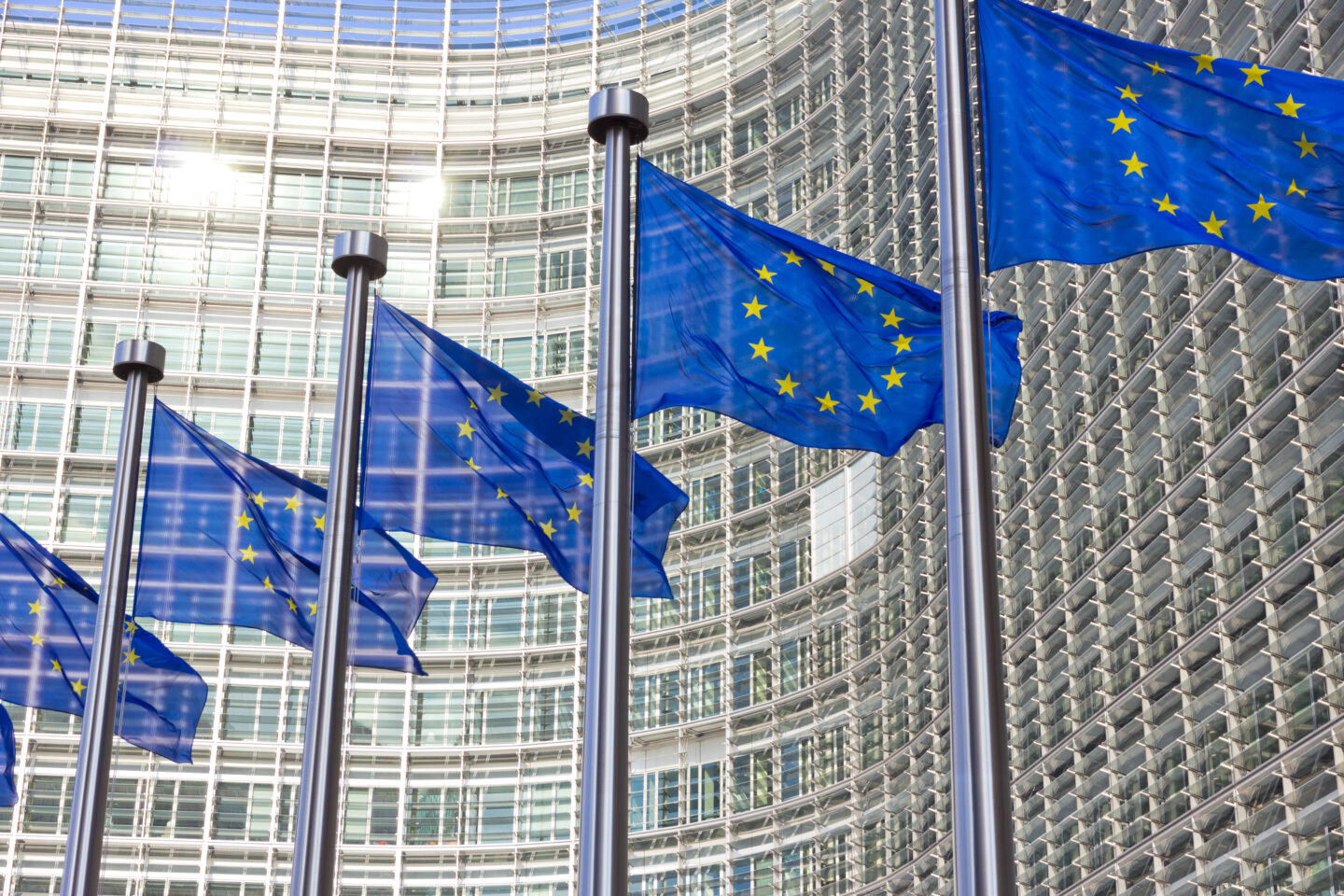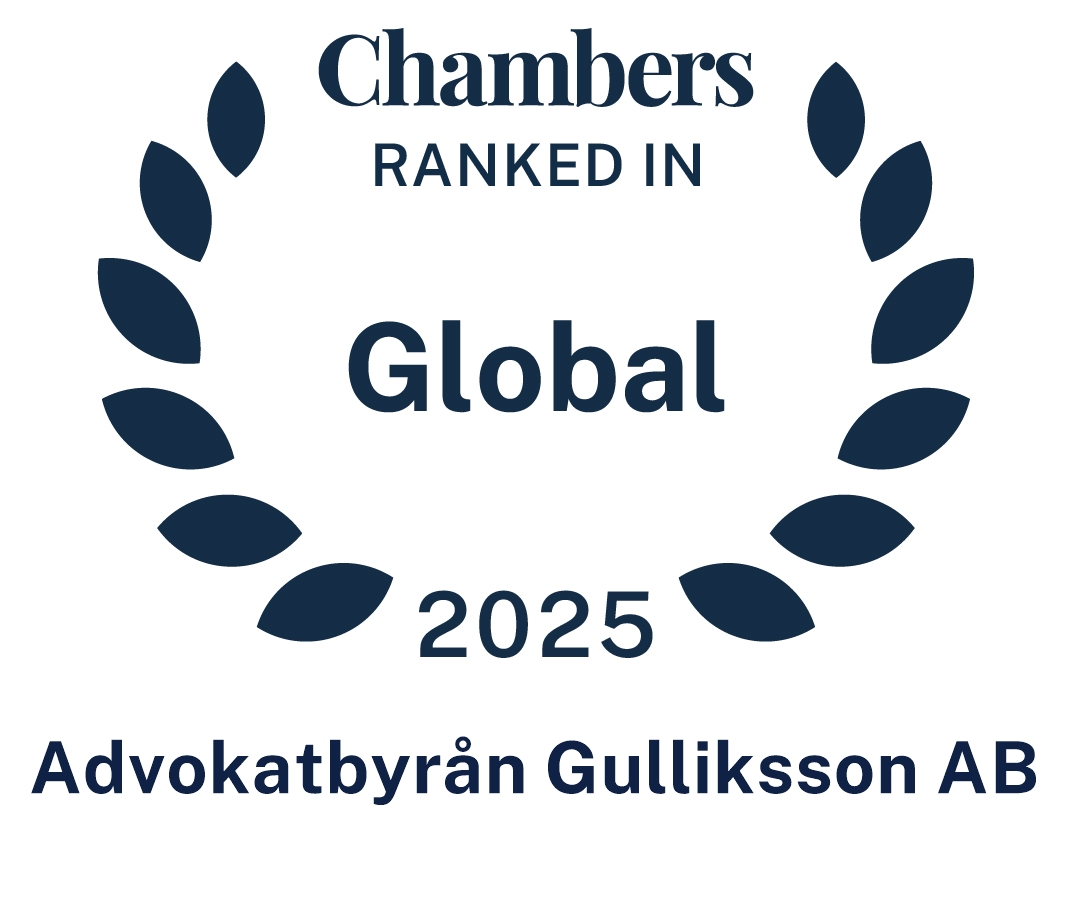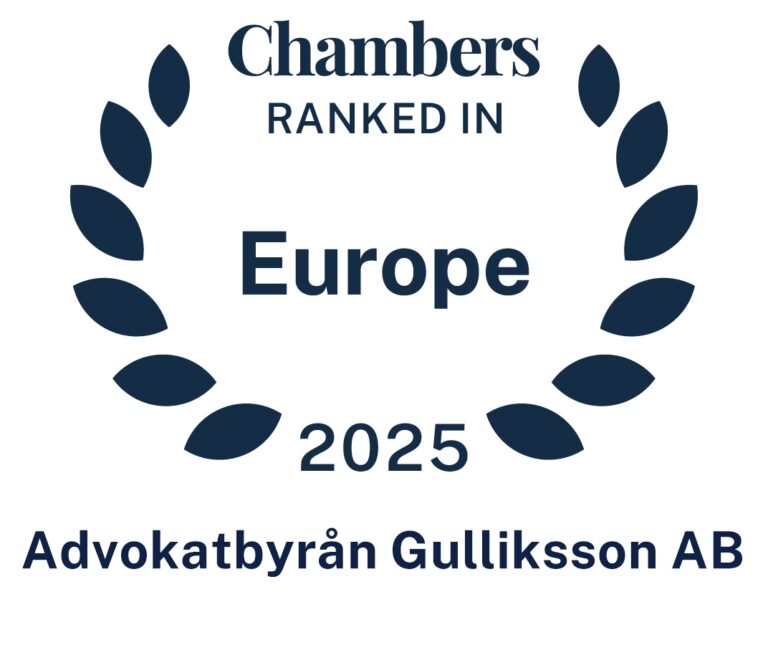When the European Council adopted the Directive (EU) 2019/790 on copyright and related rights in the Digital Single Market (“DSM Directive”) on 15 April 2019, it was foreseeable that the controversies that had existed up to that point would not ebb. In particular, Article 17 (formerly Article 13) of the DSM Directive had been considered to be the most controversial component, requiring “big” online content sharing platforms (“OCSP”) to act as “copyright cops” by making sure that infringing content is not available on their platforms (so called “filtering mandate”). Only a few weeks later, Poland filed a complaint against the DSM Directive before the European Court of Justice. According to the complaint, Article 17 would violate the right to freedom and expression and information as guaranteed by the Charter of Fundamental Rights of the European Union.
To date, not even half of the European member states have implemented the DSM Directive into national law, despite the fact that the deadline for the implementation already lapsed on 7 June 2021. On 8 October 2021, the Swedish Government finally proceeded in its legislative process and published its first report which has now been sent for consultation to relevant stakeholders in order to submit responses.
To mention just a few provisions, the draft in its actual version proposes new restrictions in the Swedish Copyright Act for purposes of text and data extraction, teaching and preservation of collections of cultural heritage institutions.
Furthermore, publishers of press publications shall be granted a new neighbouring right to their publications used by information society service providers on the internet (keyword “Google”). Such right shall, however, be subject to the payment of additional remuneration for authors whose works are included in the press publication and administered by a collective management organization.
In addition, and in accordance with the controversial Article 17 of the Copyright Directive, OCSP shall be made responsible for the copyright of the content their users upload to the service. Any such liability shall only be avoided if the provider concludes contracts with right holders and makes sure that infringing material is kept off the service.
Moreover, the report proposes a number of rules in order to strengthen authors, performers and photographers as contracting parties. Such parties shall be given the right to receive fair compensation when they assign their rights. If it turns out that the remuneration received is disproportionately low in relation to the assignee’s revenues, the copyright persons shall be entitled to additional equitable remuneration.
The legislative changes are proposed to enter into force on 1 July 2022. It remains to be seen, whether search engines such as Google will make efforts to enter into agreements with publishers in order to reuse content, which is directly linked to the neighbouring right. Further, OCSP are well situated to think about effective procedures to ensure that the measures they take to prevent access to illegal content do not prevent lawful transmissions to the public to any significant extent, how to implement automatic blocking methods where there is a high degree of likelihood of infringement of copyright and how to inform users in case of access denial.
We will follow the further legislative process closely and update accordingly – contact our specialist team, if you have questions on how the implementation of the DSM Directive might affect you!
Written by Dr. Anne-Gwendolin Geismar






